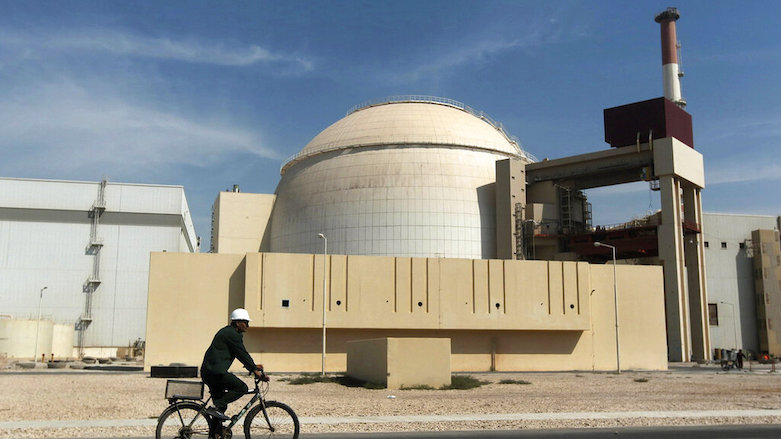Iran nuclear talks resume amid mixed signals

WASHINGTON DC (Kurdistan24) – Long-delayed talks on reviving the Iranian nuclear deal resumed on Monday in Vienna, Austria.
Read More: Low expectations for success, as Iran nuclear talks resume
The discussions are being conducted between Iran and the P-5+1—the five permanent members of the UN Security Council: China, France, Russia, the UK, and the US, along with Germany. The European Union (EU) is also participating.
However, ever since the discussions began in April, Iran has refused to talk to Washington, so the US delegation sits in another hotel, as emissaries, in an awkward and time-consuming arrangement, convey messages between the Americans and the Iranians.
EU Optimism
Enrique Mora, Chief of Staff to Josep Borrell, the EU’s top diplomat, chairs the discussions. After an initial two hour meeting on Monday, Mora hailed the renewal of the talks as “extremely positive,” with all parties displaying “a sense of urgency” in the effort to re-establish the agreement.
Mora explained that the new Iranian government had agreed to resume the discussions largely where they had left off in June, rather than start with an entirely new agenda.
However, Mora also said that Iran was insisting on the immediate lifting of sanctions. As The New York Times observed, that is “likely to be unacceptable to Washington.”
Moreover, during the meetings, Iran’s lead negotiator, Deputy Foreign Minister Ali Bagheri Kani, warned that “Iran would further escalate its nuclear program if [its] demands were not met,” the Times reported.
Continued US Commitment to Diplomacy
On Friday, Robert Malley, the lead US negotiator in these talks, who also led the US team that concluded the original agreement in 2015, told an American broadcaster that the signs from Iran were “not particularly encouraging.”
Yet on Monday, after the conclusion of the first day of discussions, US officials repeatedly affirmed their commitment to the established course.
“Our best approach here is through diplomacy,” White House Press Secretary Jen Psaki told journalists. “That is the preferable approach,” and “I’m not going to give a timeline for when that would end.”
State Department Principal Deputy Spokesperson, Jalina Porter, spoke similarly. Asked directly how Mora’s upbeat statement could be reconciled with an unacceptable Iranian demand, Porter had no answer beyond affirming a continued commitment to “pursuing a path of meaningful diplomacy to achieve a mutual return to compliance with the JCPOA.”
Significantly, no US official has expressed a more positive view than what Psaki and Porter said on Monday—and certainly nothing like the optimism voiced by Mora.
Israeli Skepticism
The Israeli government believes that Iran has no intention of abandoning its nuclear program, even as a former head of military intelligence recently criticized the previous prime minister, Benjamin Netanyahu, of encouraging the US to leave the JCPOA, without having a plan of how to respond, if Iran proceeded to break its own commitments under the agreement.
On Monday, Israeli Prime Minister Naftali Bennett released a video statement which was sent to the representatives of the countries participating in the Vienna talks.
Bennett warned that Iran is seeking “to end sanctions in exchange for almost nothing.” He also cited a recent statement by Brigadier General Abolfazl Shekarchi, a spokesman for the Iranian armed forces, in which Shekarchi affirmed, “We will not back off from the annihilation of Israel, not even one millimeter.”
“Iran deserves no rewards, no bargain deals, and no sanctions relief in return for their brutality,” Bennett said. “I call upon our allies around the world. Do not give in to Iran’s nuclear blackmail.”
